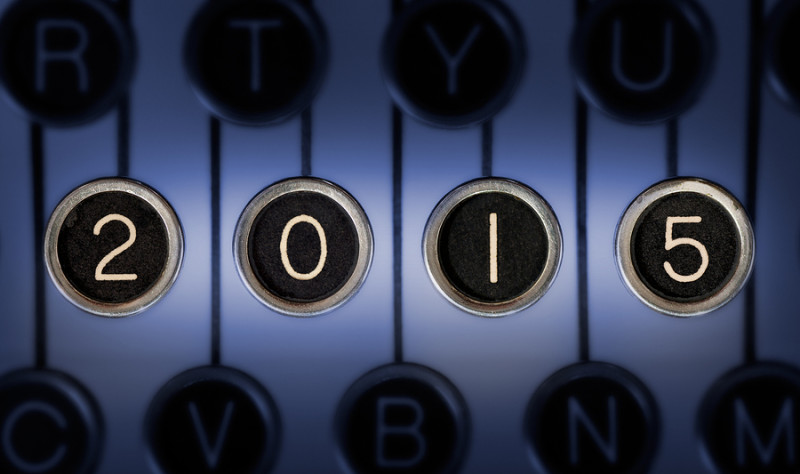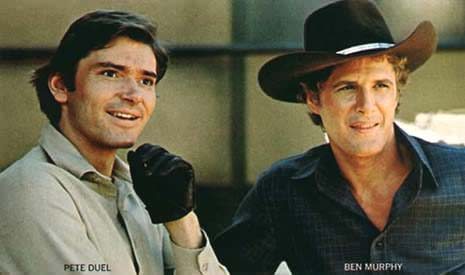Okay, admit it, you love to read quotes about writing or writers. Especially if they’re from other writers. So do I. In fact, I keep a growing list of quotations that inspire me, or make me laugh, or make me think. And on those days when I’m struggling, or when I feel the right words are eluding me, I fix myself a cup of coffee, open up the list, and spend time just reading.
So here, to get you started, are some of my favorites to inspire (or amuse) you.
“Writing is a socially acceptable form of schizophrenia.” E.L. Doctorow
“I try to leave out the parts that people skip.” Elmore Leonard
“I want to see Christian fiction speak to the hard and real issues that tear people’s lives apart.” Francine Rivers
“I love deadlines. I love the whooshing noise they make as they go by.” Douglas Adams (Note from KB: I even have a poster of this one!)
“Substitute damn every time you’re inclined to write very; your editor will delete it and the writing will be just as it should be.” Mark Twain
“Readers need to see themselves between the lines of the story.” Karen Kingsbury
“Writing a book is an adventure. To begin with, it is a toy and an amusement; then it becomes a mistress, and then it becomes a master, and then a tyrant. The last phase is that just as you are about to be reconciled to your servitude, you kill the monster, and fling him out to the public.” Winston Churchill
“Don’t get it right, just get it written” James Thurber
“Never despise meager beginnings!” Janette Oke
“When you give up a bit of work don’t (unless it is hopelessly bad) throw it away. Put it in a drawer. It may come in useful later. Much of my best work, or what I think my best, is the re-writing of things begun and abandoned years earlier.” C.S. Lewis
“I never expected any sort of success with To Kill a Mockingbird… I sort of hoped someone would like it enough to give me encouragement.” Harper Lee
Okay, your turn! What are some of your favorite quotes about writing?











